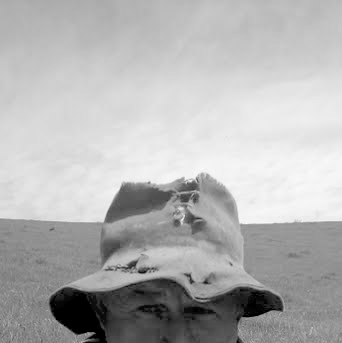Uni to boost best parts of regional life
 A new research project is seeking the source of strength and cultural heritage to improve regional communities.
A new research project is seeking the source of strength and cultural heritage to improve regional communities.
‘Community Futures: culture, resilience and community’ is a University of Southern Queensland (USQ) research program run through the Institute for Resilient Regions (IRR).
Lead researcher Professor Lorelle Burton says comprehensive research will ensure communities remain vibrant and sustainable.
“Change is inevitable and communities must be able to respond in a way that enables confident growth and development,” she said.
“Our research is focused on understanding the importance of culture and building strong relationships with people in community to create new opportunities for regional Australians of all ages.”
Professor Burton said the individual research projects cover a wide variety of fields.
“A number of projects examine how agriculture provides a pathway to inclusion and belonging for culturally diverse communities in regional Australia, for example, one is specifically examining regional wine tourism,” she said.
“Another one of our researchers is focusing on the role of migrant workers in regional communities, including impact on identity: the identity of the migrant worker, their connections to home as well as new emerging identities of regional communities.
“These research projects will be undertaken within the broader framework of understanding what makes a regional community resilient in an era of transformation and change.”
Community Futures core leadership team consists of Professor Lorelle Burton (Psychology), Professor Bryce Barker (Anthropology), Dr Robert Mason (History) and Dr Celmara Pocock (Anthropology & Australian Indigenous Studies).
“Our team is passionate about working in partnership with various communities to build greater community understanding, cohesiveness and resilience,” Professor Burton said.
“Looking forward, we hope to connect with researchers from other disciplines including sociology and education.
“This is a broad collaborative effort to research how communities understand themselves and by so doing, strengthen local capacity and influence local, government and industry responses to change.”
USQ’s Institute for Resilient Regions was officially launched at Queensland Parliament House last week.








 Print
Print